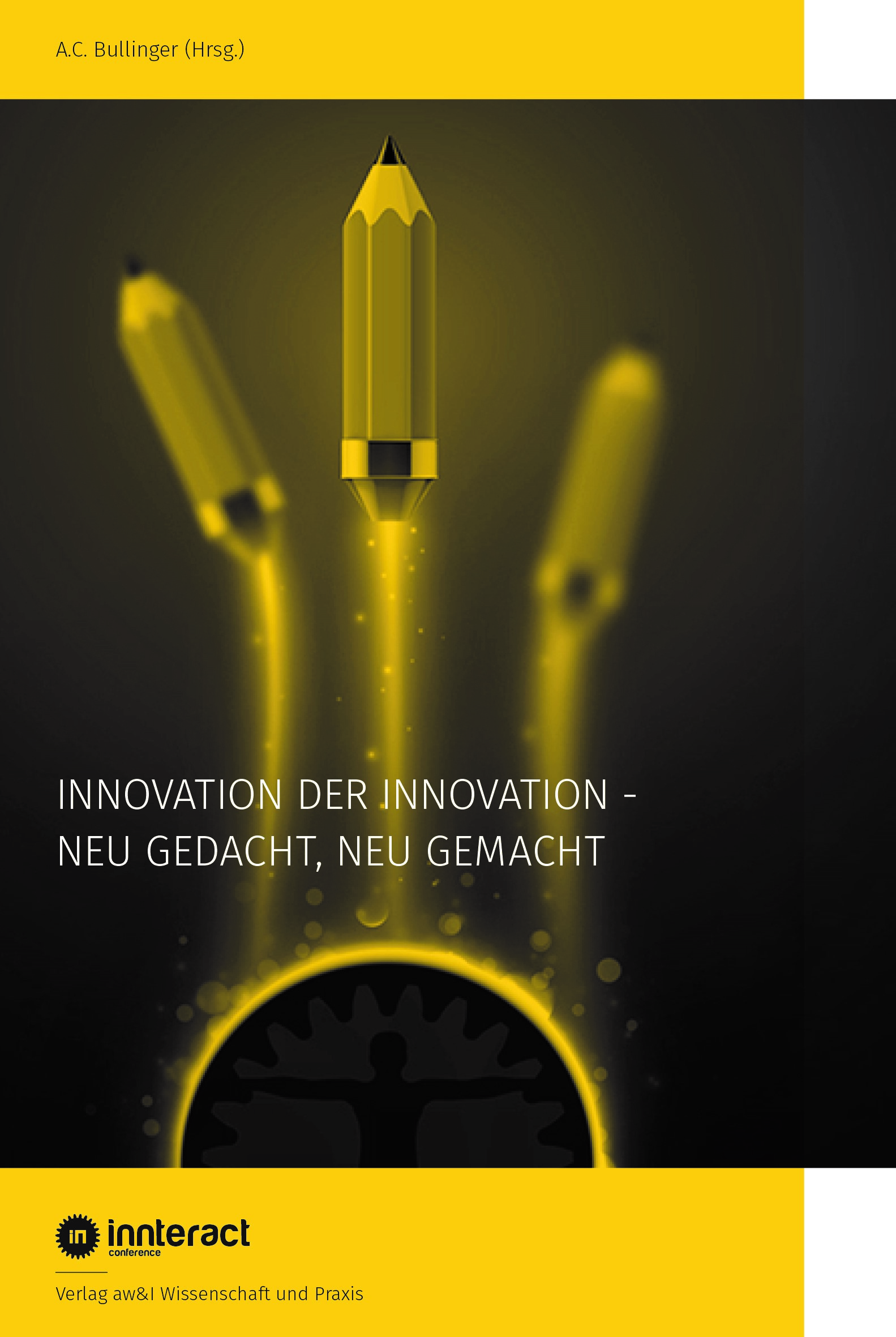Digitised lifelong learning – the need for interdisciplinary sustainability modules in doctoral programmes
DOI:
https://doi.org/10.14464/awic.v3i0.248Schlagworte:
Learning and education for sustainable development; Lifelong vocational and scientific continuing education; Permeability between educational systems of vocational and academic education; Innovative educational offers; Digitisation of the higher education sectorAbstract
Ensuring long-term qualified employees and specialists is a key objective of a sustainable development and lifelong learning. At the same time, international competitiveness and technological capability is mainly connected to the countries’ education and science systems as well as of academia.
Major industrialised countries such as Germany, for example, have recently increased their efforts to implement sustainably and institutionally lifelong learning courses at higher education institutions (HEI). In particular, creating offers for new target groups such as persons with family or care responsibilities, job-returnees, dropouts or experts are addressed. A main focus is the development of interdisciplinary courses in engineering and natural sciences in order to ensure the availability of skilled workforce during the transformation towards green economy.
Therefore, strategies and (business) models for a sustainable, long-term implementation of part-time study and further education offers for new target groups at universities are still largely neglected. In addition, the adequate design of new and further development of existing qualification structures, curricula, modules, advanced study and specialised courses as well as the integration of digital (interactive) contents are accompanied by new challenges that have been largely ignored by research so far. So, both, fostered sustainable implementation of programs on an institutional basis and the subject-specific topic of sustainability is becoming increasingly important within the scope of interdisciplinary offers and courses. Moreover, new working and living environments need innovative and digitised learning backgrounds and conditions. However, a brief comparison between Germany, Austria and Switzerland, for example, reveals strong differences in the types, scope and degree of implementation at present.
So a bunch of questions is still unanswered: How do innovative, interdisciplinary and part-time study platforms and programs have to be designed, structured and implemented? Which prerequisites, framework conditions, (quality) criteria and design forms are specifically relevant for advanced training courses and platform contents in engineering and natural sciences? Which subject-specific and cross-disciplinary competences as well as knowledge must be imparted to new target groups taking into account rapidly changing requirements in professionals’ social environment (e.g., labour market; product, service and technology management)? How can such innovative lifelong learning opportunities be designed allowing for increasing digitization efforts?
Our research involves benchmark analyses, surveys and expert workshops in order to derive systemic, organizational and individual criteria and elements for the design and structure of sustainable, interdisciplinary further education programs and study platforms. Their characteristics will be illustrated using a three-level model. In addition, the effects of an increasing digitization of lifelong learning are to be analysed and specific methodological and didactic concepts are to be developed (e.g. blended learning). On this basis, recommendations for the flexible design, implementation and quality assurance of continuing education and training offers are derived. These results are developed in close cooperation with experts and decision-makers from politics, education/science and business in order to ensure a high level of practical applicability of the research findings. At the same time, the research is expected to strengthen the positioning of universities involved in international comparison.
Veröffentlicht
Ausgabe
Rubrik
Lizenz

Die Beiträge der Reihe erscheinen unter der Creative Commons Lizenz CC-BY. Diese Lizenz erlaubt anderen, die Werke der Autoren zu verbreiten, zu remixen, zu verbessern und darauf aufzubauen, auch kommerziell, solange die Urheber des Originals genannt werden.


